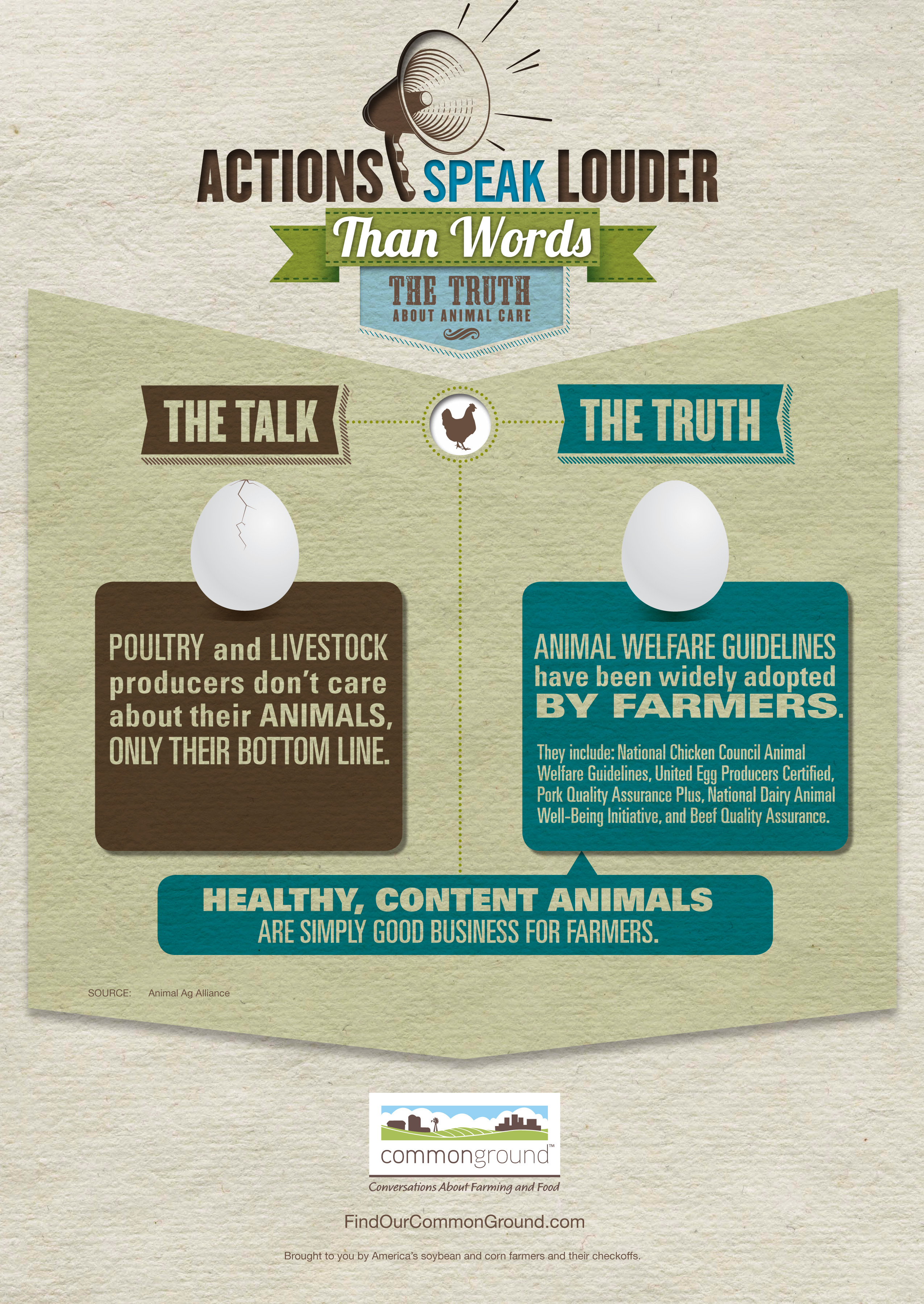In the vast tapestry of life, where human beings coexist with the countless species that inhabit our planet, a fundamental question begins to unravel: What ethical responsibilities do we have towards the animals that we raise and domesticate? Animal husbandry, the art and science of caring for and breeding animals for various purposes, lies at the heart of this complex moral inquiry. As we navigate the depths of this intricate subject, we must reflect upon the interconnectedness of our choices, and the impact they have on both animal welfare and the world we call home. So, let us embark on a thought-provoking journey that delves into the multifaceted realm of animal husbandry, exploring the ethical tapestry that binds us to these sentient beings. Are we truly the guardians we claim to be, or are we merely exploiting the animals entrusted to our care?

Understanding Animal Welfare: A Moral Responsibility in Animal Husbandry

The Significance of Animal Welfare in Animal Husbandry
When it comes to animal husbandry, understanding and prioritizing animal welfare is not only a moral obligation but also crucial for the overall well-being of animals. By ensuring proper care, nourishment, and living conditions, we can alleviate their suffering and enhance their quality of life. Animal welfare stands as a testament to our compassion and empathy towards these sentient beings, reflecting our values as responsible caretakers. Honoring this commitment means promoting humane practices, implementing regulations that safeguard their interests, and continually educating ourselves to improve animal welfare standards.
Key Elements of Animal Welfare in Animal Husbandry:
- Providing adequate nutrition and access to clean drinking water
- Creating and maintaining suitable shelter and living environments
- Preventing illness and injury through proper healthcare and disease control
- Promoting natural behavior and social interaction
- Minimizing stress and distress through effective handling and transportation
- Ensuring prompt and humane euthanasia, when necessary
Overall, acknowledging and embracing our moral responsibility in animal husbandry is not just an ethical choice, it is a fundamental duty we owe to the creatures that share our planet. Let us strive for a harmonious coexistence, where animals are treated with respect, kindness, and dignity.
Promoting Sustainable Practices: Strategies for Ethical Animal Husbandry

- Implementing rotational grazing methods to ensure sustainable land use
- Providing animals with proper nutrition and balanced diets
- Developing and adhering to strict animal welfare standards
- Minimizing the use of antibiotics and hormones
- Utilizing regenerative farming techniques to restore soil health
- Supporting local and small-scale farmers who prioritize ethical practices
- Encouraging transparency and traceability in the supply chain
- Advocating for legislation that promotes humane treatment of animals
By adopting these strategies, we can promote ethical animal husbandry practices, ensuring the well-being of animals, the environment, and consumers alike.
Key Takeaways about The Ethics of Animal Husbandry.
In conclusion, exploring the ethics of animal husbandry unveils a complex and multifaceted subject. It challenges our perceptions of our relationship with the animals we rear for food, clothing, and companionship. As we strive for a more compassionate and sustainable future, it becomes imperative to strike a balance between meeting human needs and respecting the welfare of these sentient beings.
The journey through the intricacies of animal husbandry has shown that there are various ethical considerations at play. From ensuring proper living conditions and access to quality nutrition, to minimizing stress and pain, the welfare of these animals must be carefully monitored throughout their lives.
However, this discussion invites further scrutiny of societal norms and our individual choices. It challenges us to question the consequences of our decisions and consider alternative practices that prioritize the well-being of the creatures we share this planet with.
While some argue that animal agriculture is a necessary evil to meet the growing demands of an expanding population, others advocate for a shift towards more sustainable and cruelty-free practices. Innovations in technology, such as lab-grown meat and plant-based alternatives, offer promising alternatives that could potentially mitigate the ethical dilemmas associated with animal husbandry.
Ultimately, the ethics of animal husbandry require us to tread carefully, making informed choices and striving towards a more harmonious coexistence between humans and animals. By critically examining our motivations, policies, and practices, we can build a future where animal welfare is a paramount consideration.
